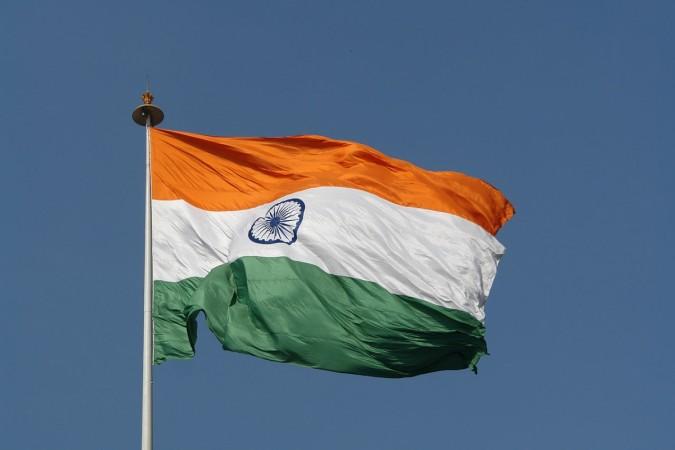
India's first Independence Day is remembered in a number of ways — from the first speech of Jawaharlal Nehru at Red Fort to the iconic video footage of the British flag coming down as the Tricolour is hoisted.
However, few trump the effect that Jawaharlal Nehru, who was chosen the first prime minister of India, had with the speech he delivered in Parliament just after midnight on Aug. 15, 1947, soon after signing the document that declared India independent. It is known to this day by three words in its first sentence: "Tryst with Destiny".
Since it was first delivered, this iconic speech has been read, re-read, dissected, analysed and its subtexts debated ad infinitum. While different people hold diverging views on it, what most agree with is the pluralistic tone of the speech. But you need not go by those analyses. Judge for yourself from the speech.
Here is the full text of that famous address:
Long years ago we made a tryst with destiny, and now that time comes when we shall redeem our pledge, not wholly or in full measure, but very substantially. At the stroke of today's midnight hour, when the world sleeps, India will awake to life and freedom. A moment comes, which comes but rarely in history, when we step out from the old to new, when an age ends, and when the soul of a nation, long suppressed, finds utterance.
It is fitting that at this solemn moment we take the pledge of dedication to the service of India and her people and to the still larger cause of humanity with some pride.
At the dawn of history India started on her unending quest, and trackless centuries which are filled with her striving and the grandeur of her successes and her failures. Through good and ill fortunes alike she has never lost sight of that quest or forgotten the ideals which gave her strength. We end today a period of ill fortunes and India discovers herself again.
The achievement we celebrate today is but a step, an opening of opportunity, to the greater triumphs and achievements that await us. Are we brave enough and wise enough to grasp this opportunity and accept the challenge of the future?
Freedom and power bring responsibility. The responsibility rests upon this assembly, a sovereign body representing the sovereign people of India. Before the birth of freedom we have endured all the pains of labour and our hearts are heavy with the memory of this sorrow. Some of those pains continue even now. Nevertheless, the past is over and it is the future that beckons to us now.
That future is not one of ease or resting but of incessant striving so that we might fulfill the pledges we have so often taken and the one we shall take today. The service of India means the service of the millions who suffer. It means the ending of poverty and ignorance and disease and inequality of opportunity.
The ambition of the greatest man of our generation has been to wipe every tear from every eye. That may be beyond us, but as long as there are tears and suffering, so long our work will not be over.
And so we have to labour and to work, and work hard, to give reality to our dreams. Those dreams are for India, but they are also for the world, for all the nations and people are too closely knit together today for anyone of them to imagine that it can live apart.
To the people of India, whose representatives we are, we make an appeal to join us with faith and confidence in this great adventure. This is no time for petty and destructive criticism, no time for ill will or blaming others. We have to build the noble mansion of free India where all her children may dwell.
The appointed day has come - the day appointed by destiny - and India stands forth again, after long slumber and struggle, awake, vital, free and independent. The past clings on to us still in some measure and we have to do much before we redeem the pledges we have so often taken. Yet the turning point is past, and history begins anew for us, the history which we shall live and act and others will write about.
A new star rises, the star of freedom in the east, a new hope comes into being, a vision long cherished materialises. May the star never set and that hope never be betrayed by!
On this day our first thoughts go to the architect of this freedom, the father of our nation, who, embodying the old spirit of India, held aloft the torch of freedom and lighted up the darkness that surrounded us.
We must not forget Netaji though we have often been unworthy followers of his and have strayed from his message. We shall never allow that torch of freedom to be blown out, however high the wind or stormy the tempest.
We have hard work ahead. There is no resting for any one of us till we redeem our pledge in full, till we make all the people of India what destiny intended them to be.
We are citizens of a great country, on the verge of bold advance, and we have to live up to that high standard. All of us, to whatever religion we may belong, are equally the children of India with equal rights, privileges and obligations.
And to India, our much-loved motherland, the ancient, the eternal and the ever-new, we pay our reverent homage and we bind ourselves afresh to her service. Jai Hind.













